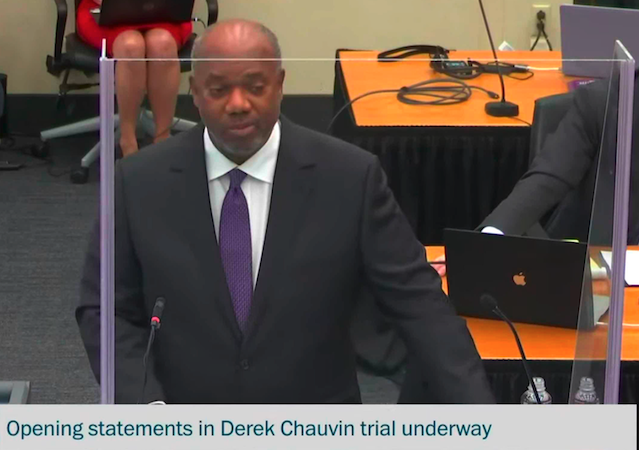NewsVine_Mariyam
Platinum Member
Is it not easier to say "I can't breath" than to summon up the words "you're restricting my ability to catch my breath/take a full breath"?Indeed, he said several times I can't breathe. But a person who can't breath, can't talk. He continued to talk, groan and shout out.
